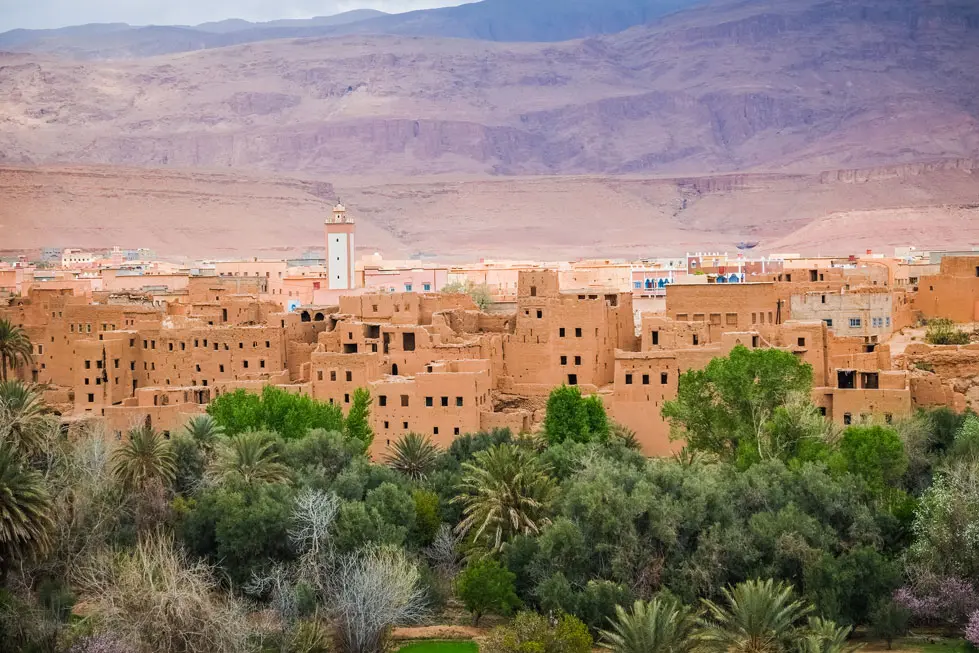We care about your privacy. We attempt to limit our use of cookies to those that help improve our site. By continuing to use this site, you agree to the use of cookies. To learn more about cookies see our Privacy Policy.
Google & A Hotel Life Present: A Starter Guide to Future Forward Travel
How to search and choose more mindful hotel stays
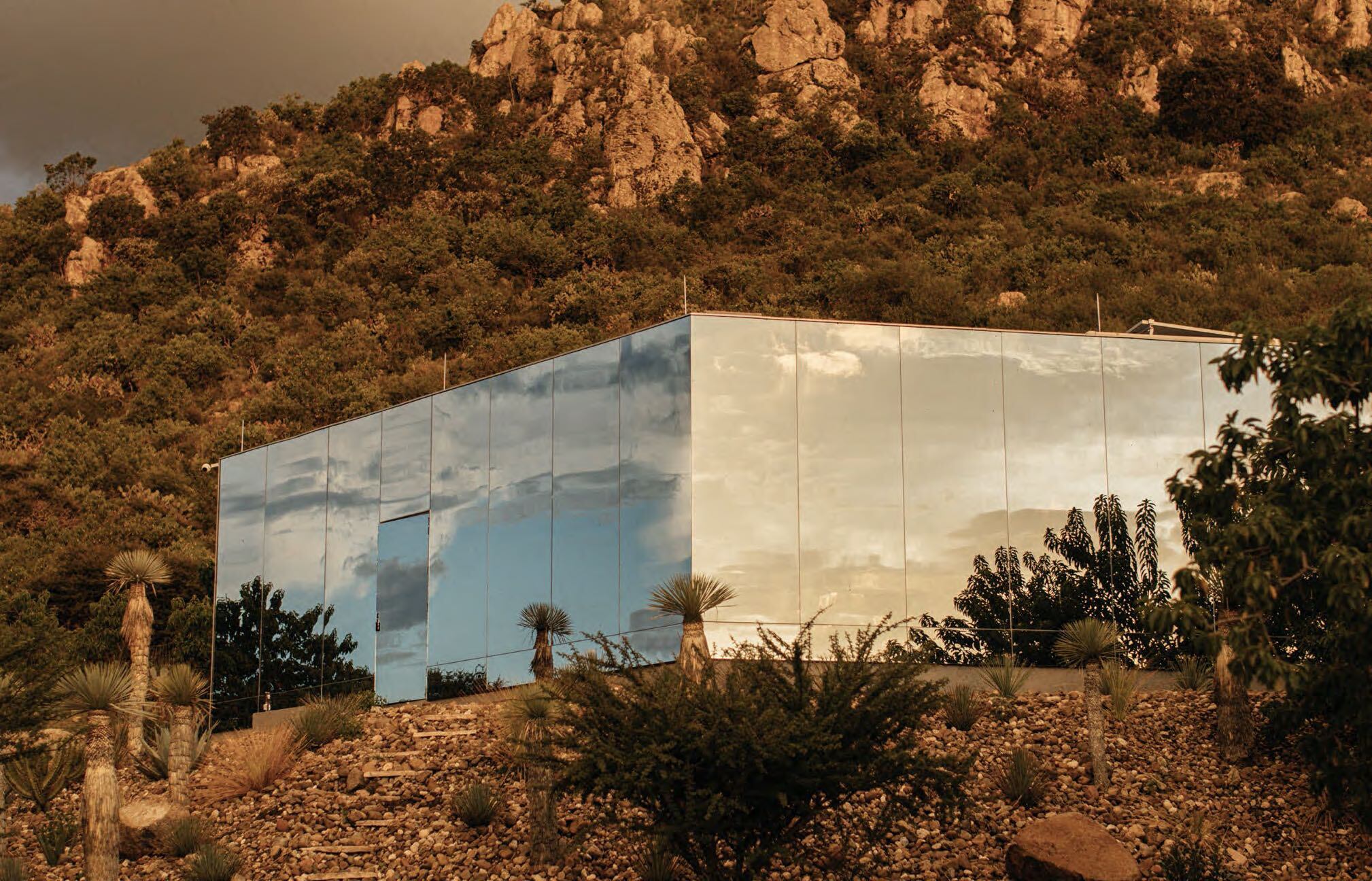
By Tansy Kaschak on 09.22.21
Today, A Hotel Life is partnering with Google to announce a new feature for their hotels search: a green eco badge, awarded to hotels that have been verified by third-party certifications programs including LEED, BREAM and GSTC as well as information about their tangible energy efficiency, water conservation, waste reduction, sustainable sourcing practices and single-use plastic alternatives. The list of attributes ranges from green building design and water efficient toilets to how a property manages the disposal of hazardous substances and where their food comes from.
The initiative is part of Google’s plan to help mitigate climate change — in 2007 it became the first major company in history to be carbon neutral, it supports the removal of carbon from the atmosphere with science-based reforestation, it helps 500+ cities reduce 1 gigaton of carbon emissions annually, and it aims to run on 100% carbon free energy by 2030.
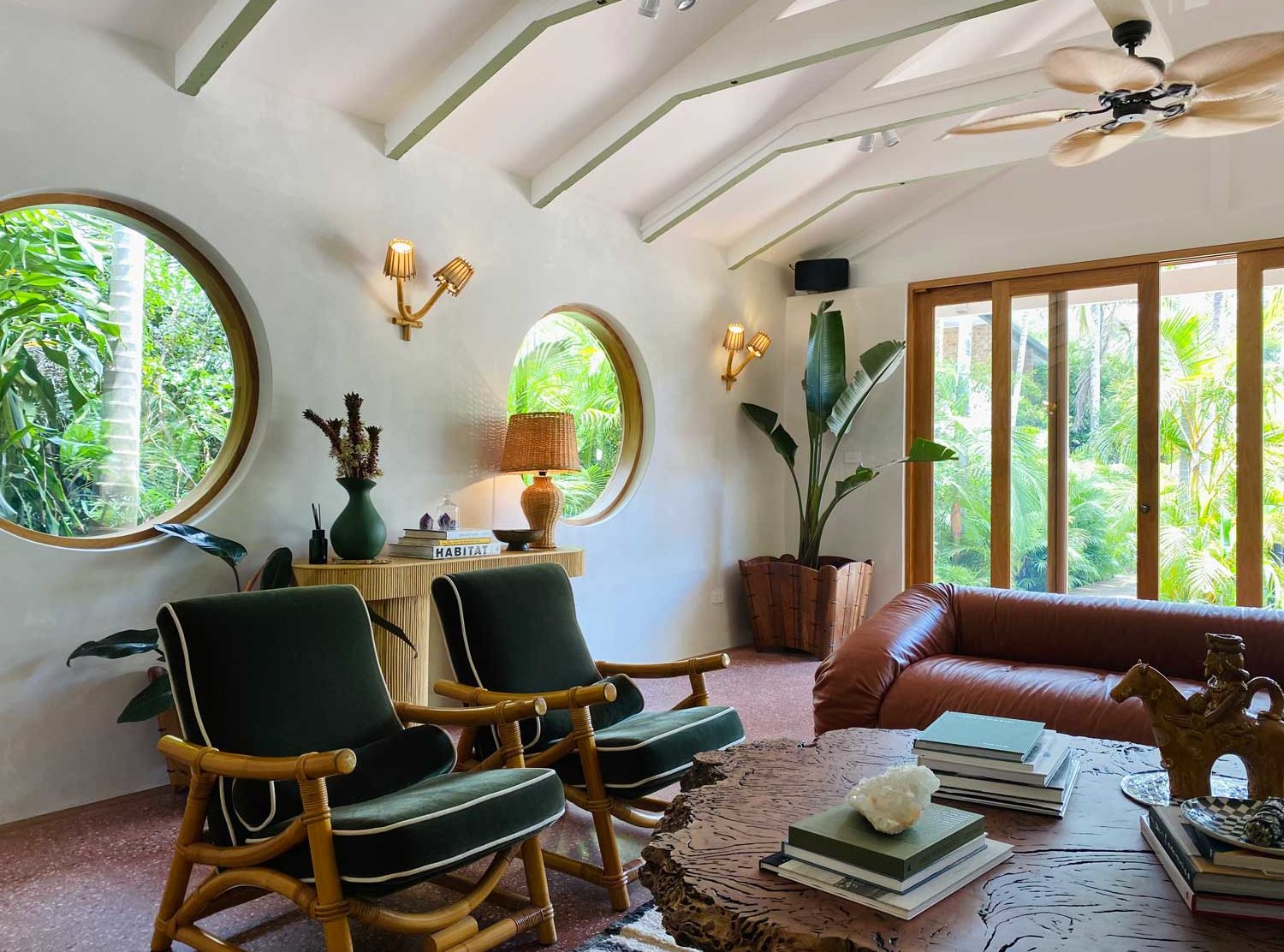
Search trends have shown that “how can we live more sustainably” and “what can I do against climate change” have been looked up on the internet in the past year more than ever, while “can I travel” has been searched 800% more. We are eager to travel again and we want to be better guests of our Earth. The good news is that, even though the way we travel today is still far from being perfect, it is possible to do it without hurting the planet.
Google and A Hotel Life’s shared goal is to make it easier for travelers to search and choose future forward travel solutions. Billions of people in the world rely on Google to make their everyday decisions and, as pioneer and progressive thinking chef Anne-Marie Bonneau said “we don’t need a handful of people doing zero waste perfectly. We need millions of people doing it imperfectly.” Sustainability is a journey after all.
“Google is committed to building a more sustainable future. With these new features, travelers will have the information they need to prioritize what matters to them most. This launch seemed like the perfect opportunity to partner with A Hotel Life, as sustainability is part of their DNA. Together we can help travelers everywhere travel more sustainably”, says Stephanie Horton, Google Commerce Director of Marketing.
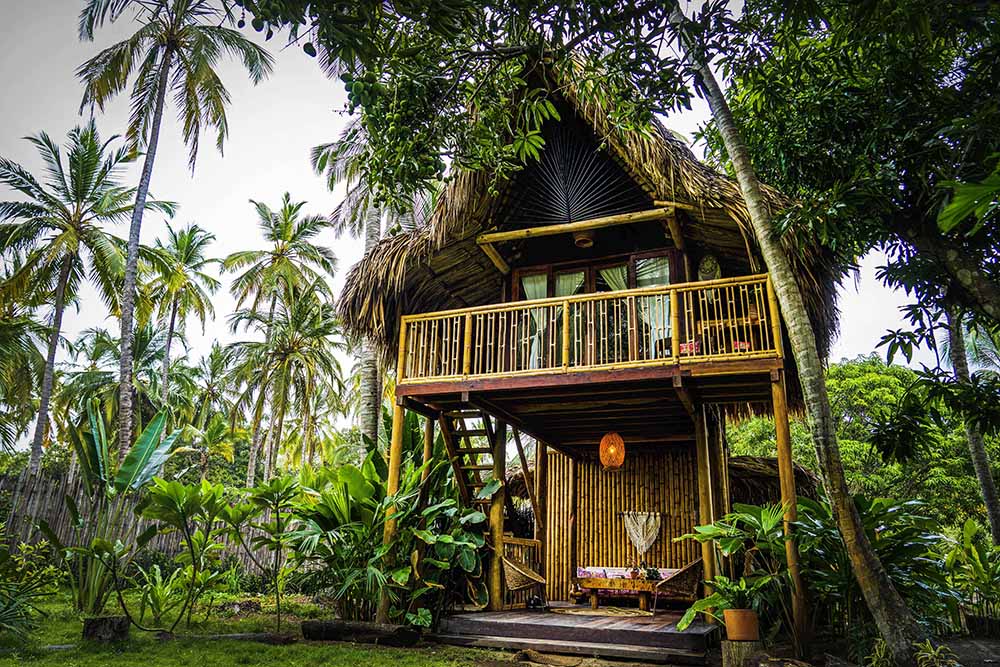
Alright, so where do we start?
1. The Hotel Search
When searching for hotels on Google, look for those with eco-certifications. View the “About” tab to learn more about their sustainable attributes. It is also possible to search the hotel’s reviews for specific keywords like “water conservation”, “single use plastics” or “vegan options” for an insight into past guests’ feedback. You can also pick up the phone and give the hotel a call to ask questions about their claims.
When browsing A Hotel Life’s curated hotel reviews, keep an eye for what we say about their environmental sensibility and Future Forward practices. Here is a round up with our favorites.
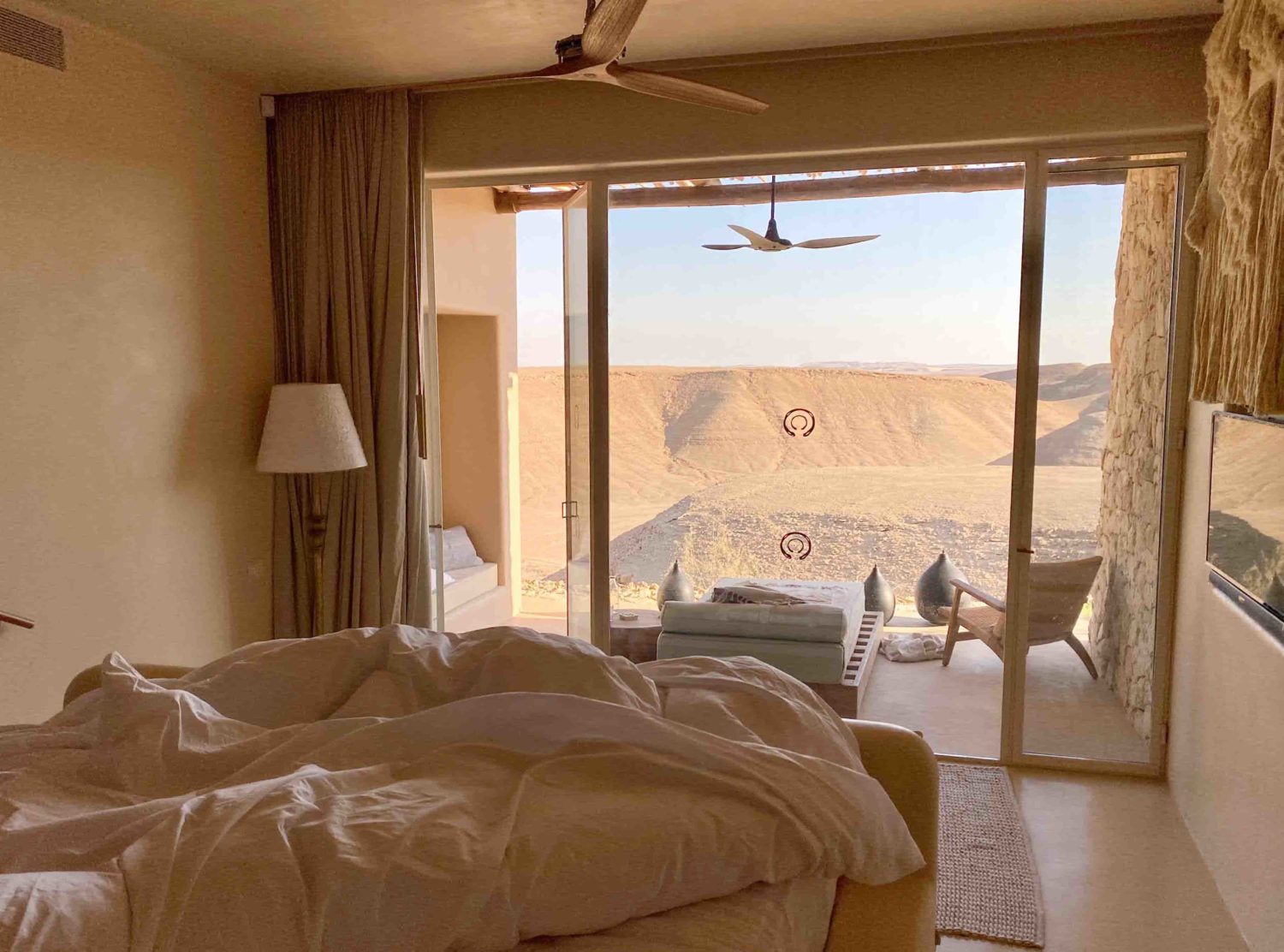
2. Before You Go
Pack lightly and include items that will help you reduce waste along your journey like a reusable water bottle, tote bags, a food container with some healthy snacks and a cute spork are a great start. And don’t forget your own toiletries, because even though we love hotel branded items, those tiny, wasteful plastic containers are surely not great memorabilia.
Information is traveler power and the key to a more sustainable travel lies in planning. Get to know the area you are visiting better by being strategic about your trip route, making fewer stops and preferring longer stays. It will all help produce a smaller amount of carbon dioxide and chances are you’ll get to live a more fulfilling experience.
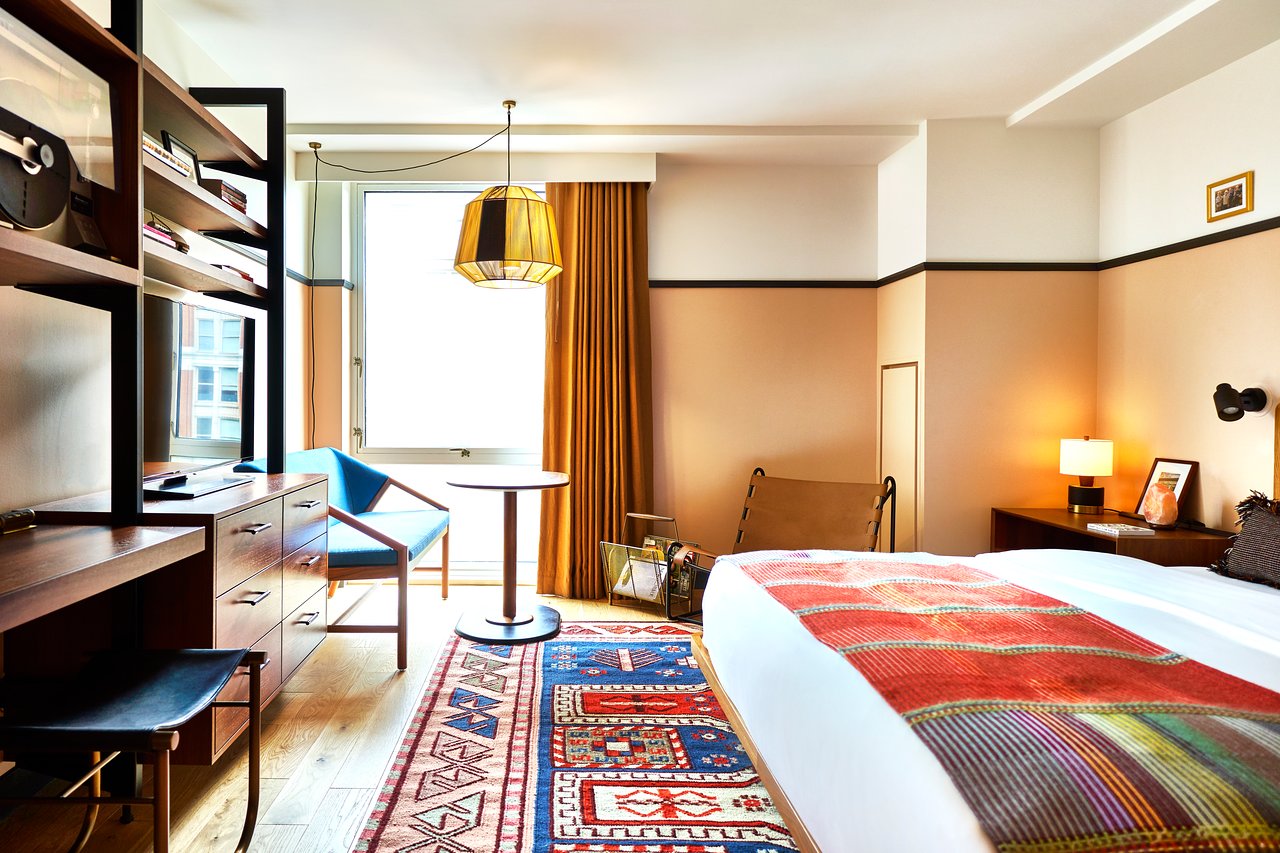
3. Choose Local and Plant-Based
Choose local everything. Prefer hotels, restaurants and shops operated by locals, eat locally sourced foods, buy locally-made souvenirs, hire an Indigenous local guide. The UN World Tourism Organization informs that only a small percentage of all money spent by visitors stays in the local community, which means not much opportunity is left for local people to benefit from our travels. Try seasonal vegan and vegetarian meals. The latest studies officially recognize animal agriculture as a leading cause of climate change as animal products account for the bigger part of all greenhouse gas emissions of global food production.
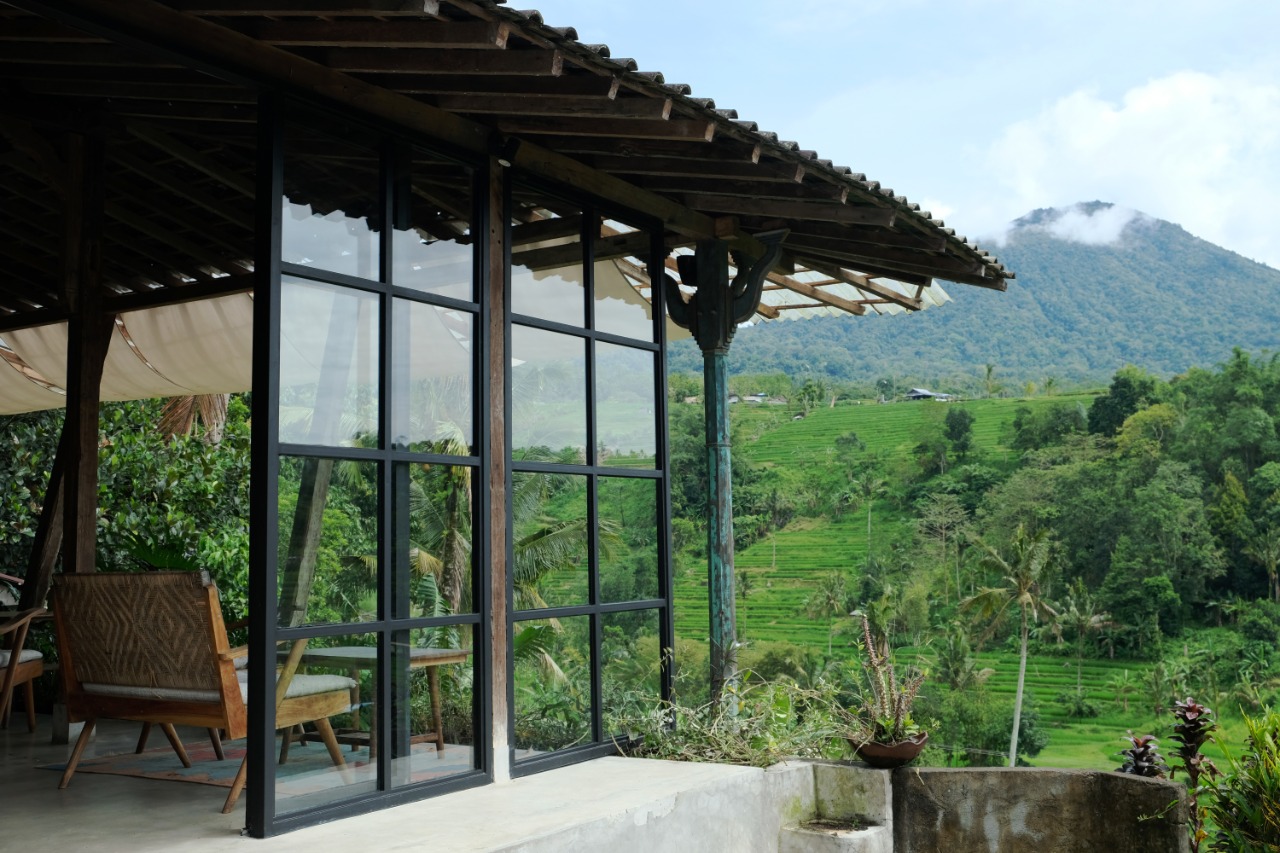
4. Choose Nature
Consider supporting a trustworthy carbon offsetting and ecosystem conservation program. Do not waste natural resources by taking shorter showers, using lights and air-conditioning sparingly, and turning them off when you leave your room. Plan eco-friendly activities like hiking, biking, foraging, swimming and stargazing. The closer we are to nature the better we take care of our planet.
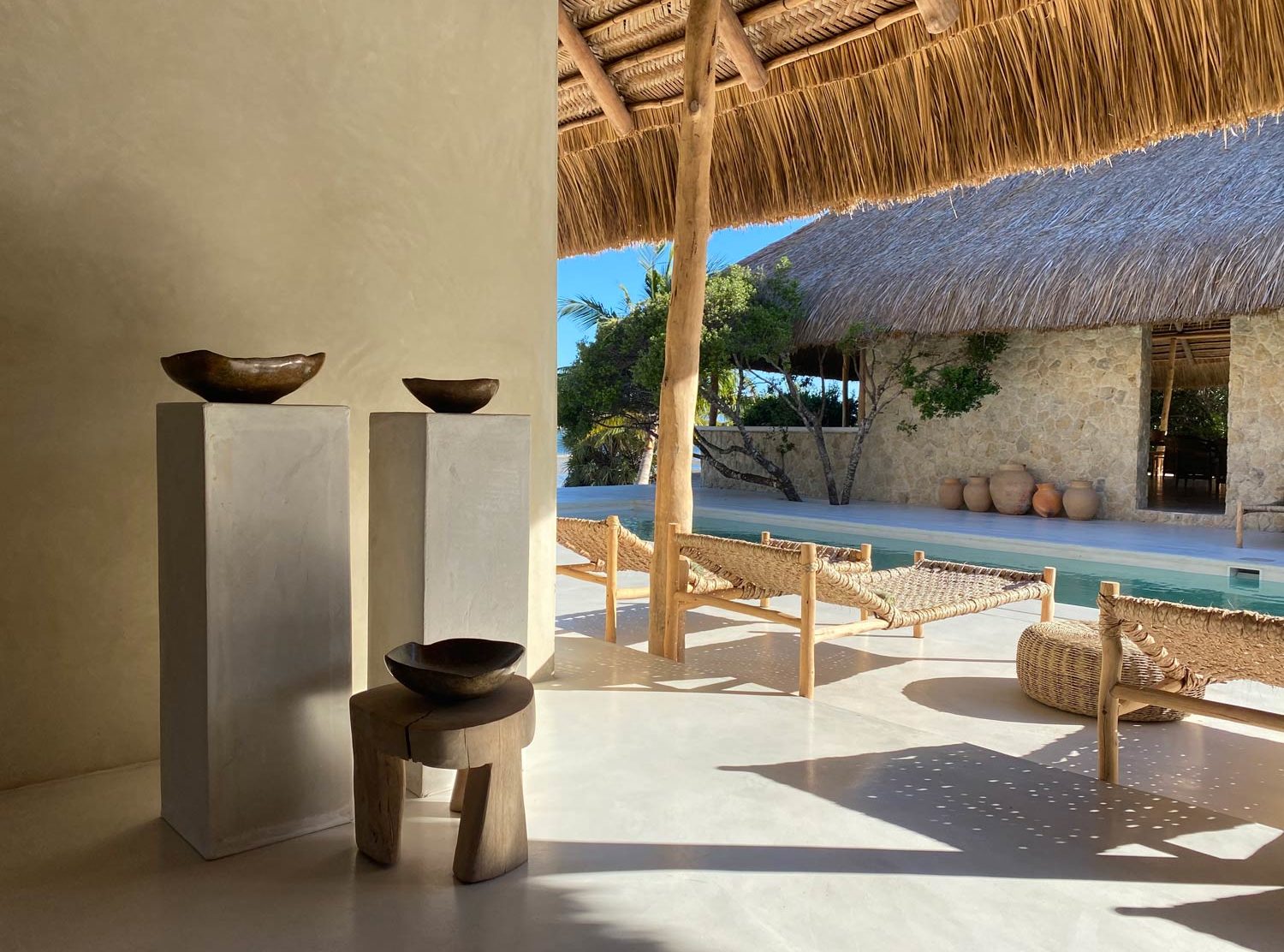
5. Speak Up
If you get to your hotel room and find plastic water bottles, call the front desk and ask them to be removed. Say you prefer filtered water instead. Let them know when your room does not need to be cleaned, or that you don’t need new sheets (who really washes their linens everyday?!) so it’s not all done by default.
Technology gives us the power to amplify our voices so, once you’re back home, take a minute to leave a review, either celebratory or constructive, so businesses are called to address any issues and other travelers can follow in your footsteps.
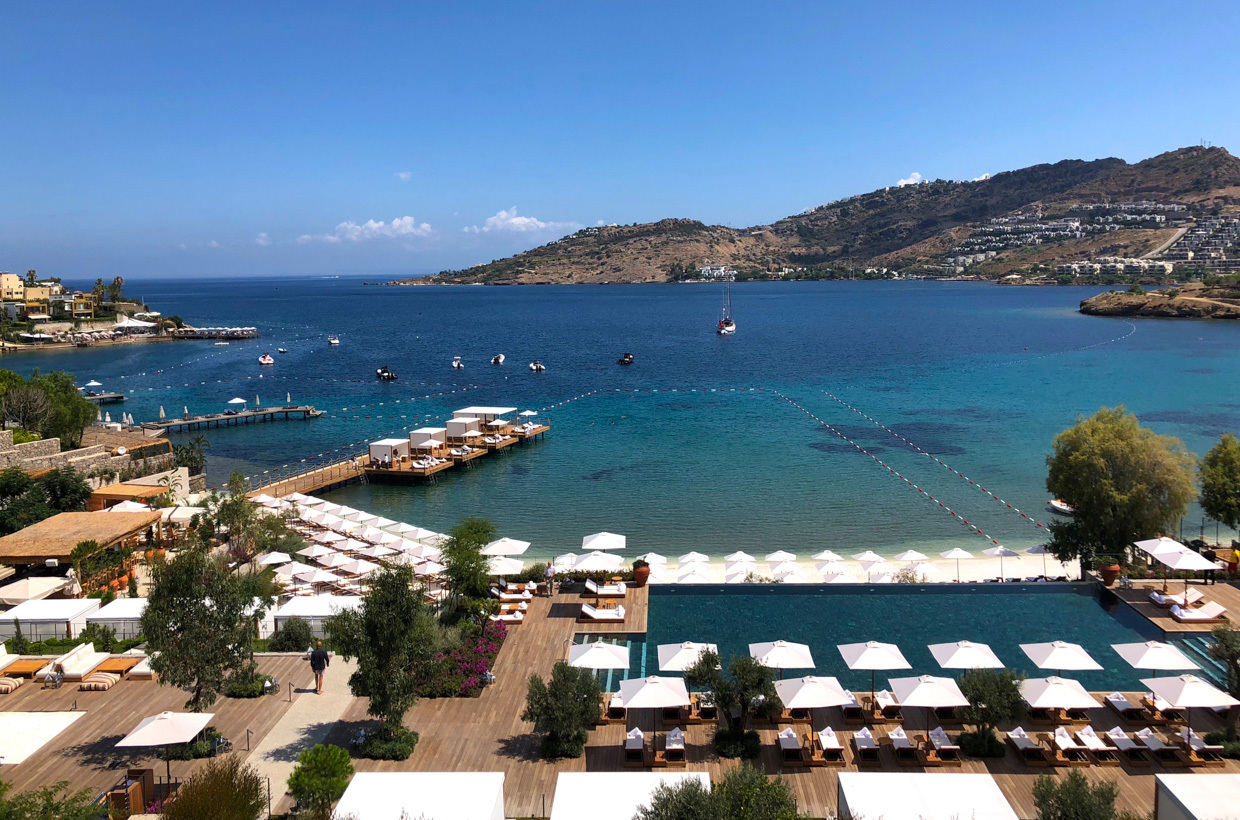
If you had a great hotel experience and think we should feature it, please send us a note at hello@ahotellife.com. You can also sign up to our newsletter to learn about more exciting hotels and travel stories, here.
At A Hotel Life we celebrate the coolest hotels in the world and the people behind them. We love creative, thoughtful hospitality that not only comforts, amazes and entertains but also inspires and helps us to do good. It means we are always on the lookout for ideas and initiatives that bring us closer to our communities and to our planet. We offer solutions to businesses and we want to guide travelers to make better choices, which will ultimately drive the industry in the same direction. This is what we call Future Forward travel.
Share this Story
More Culture & Celebration
“Becoming Familiar” Is The Experience To See and Touch at Design Miami 2023
LA Based Raise the Moral Studio Sensory Art Objects Win Best Curio Presentation at Design Miami 2023
tell me more ›Helping Hands for Morocco
How to support from afar those making a difference on the ground
tell me more ›Ian Schrager & AHL Founder Ben Pundole Open 10th Annual L.E. Miami
The legendary hospitality impresario in conversation with his long time magic maker (and A Hotel Life founder) on the past, present and future of hotels
tell me more ›Sunken Harbor Club Opens Its Vacation Station in Bermuda
Reimagined as a part of Cambridge Beaches’ centennial renewal, the Brooklyn favorite brings its signature cocktails to a side of island fare
tell me more ›

